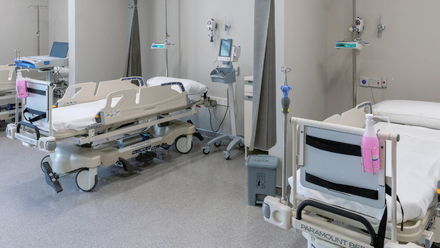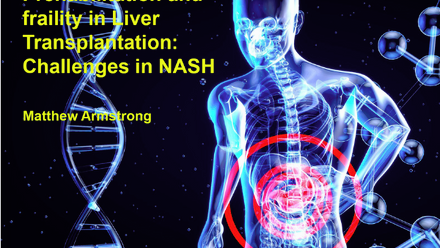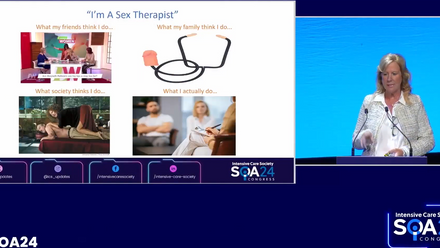The anticipated psychological needs of critically ill COVID-19 patients are informed by clinical expertise from psychologists working in intensive care and rehabilitation, relevant COVID guidelines and the existing evidence-base regarding the known impact of an ICU admission and previous pandemics.
We are aware that the impact of COVID is likely to be wide-reaching. We anticipate psychological, cognitive, physical and socioeconomic effects that are likely to lead to long-term biopsychosocial rehabilitation needs and adjustment difficulties that if left unaddressed risk long term disability (British Society of Rehabilitation Medicine, 2020).
Regarding the known psychological impact of an admission to critical care, studies suggest that more than 50% of post ICU patients may develop symptoms of severe anxiety, depression or post-traumatic stress disorder in the months or years after leaving critical care (Wade et al., 2012; Hatch et al. 2018). Of note, patients with post-ICU traumatic stress symptoms may experience flashbacks and intrusive memories of delusional/hallucinatory episodes from delirium, as well as actual events experienced within the ICU (Jones et al., 2007; Wade et al., 2015d). It can be hypothesised that delirium experiences may be exacerbated in patients with COVID-19 due to the experience of receiving care from staff in PPE, undergoing prolonged ventilation, sedation, proning and paralysis (including awake paralysis), isolation from relatives, rapid transfers, an unstable physical picture (Koftis et al, 2020, and therefore we may see higher rates of psychological distress and persistent cognitive impairment in this cohort. Studies from other pandemics (e.g. MERS, SARS) suggest that health anxiety, chronic fatigue and fear of stigma and contamination are also prevalent in severely ill patients (e.g. Gardner & Moaleff, 2015). On the other hand, the level of social support within communities, the shared experience of the COVID-19 outbreak and the possibility that critically ill COVID-19 patients will have anticipated a hospital admission in the preceding hours/days may constitute valuable protective factors.



